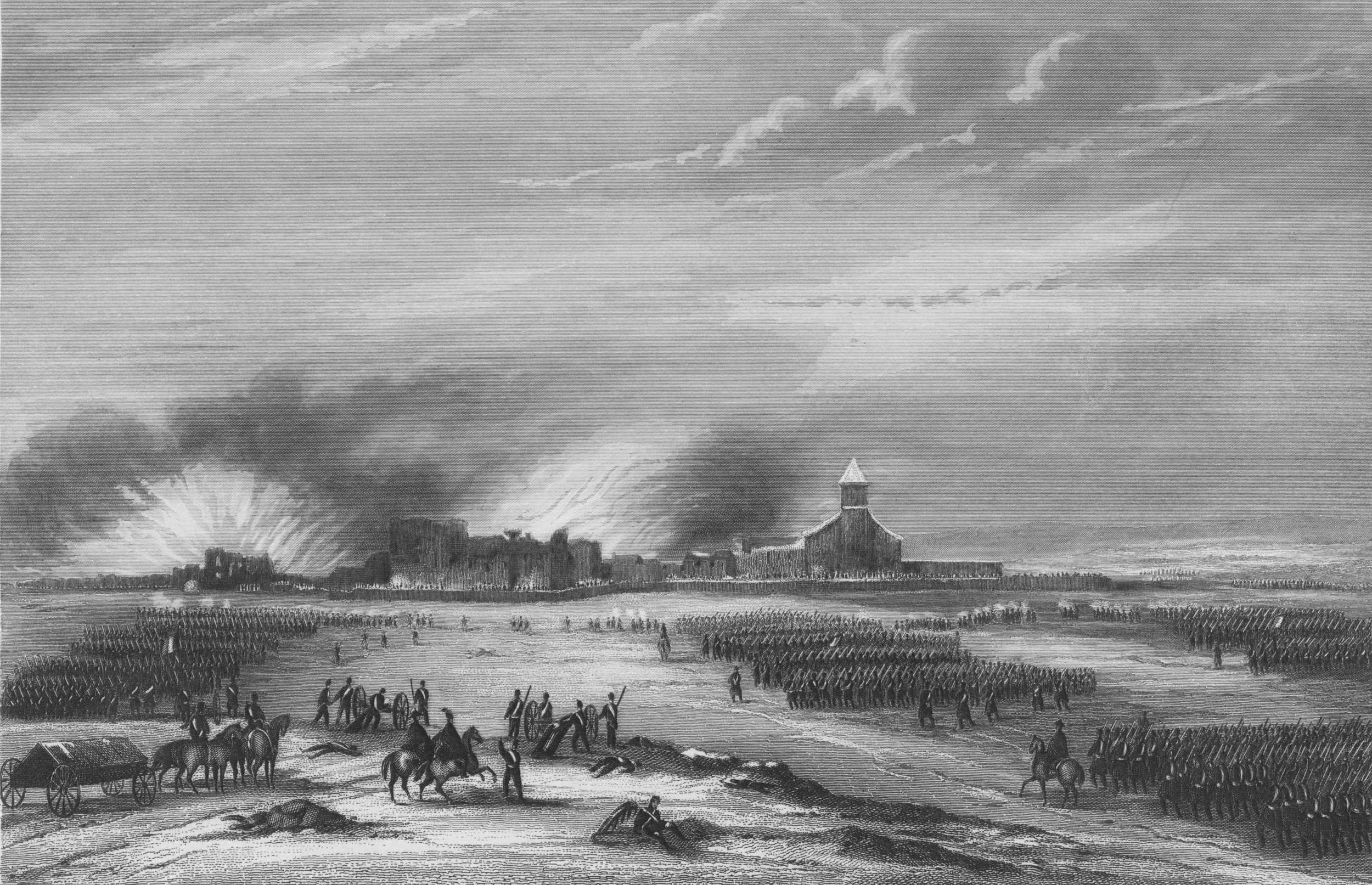
A castle that once housed one of Europe's most famous knight orders in the Middle Ages is up for sale, with an asking price of $153,000.
The Preussisch Eylau Castle, built in the marshes near the coast of the Baltic Sea in the 14th century, has changed hands repeatedly in its lifetime, once forming part of Nazi Germany's East Prussia region, then coming under Soviet control and remaining a lone Russian enclave as Communism in Eastern Europe collapsed during the 1990s. The ex-knights' residence and survivor of sieges and war has slipped into disrepair in recent years and authorities are now looking for a new lord of this manor.
Russia's Kaliningrad region announced the open tender this month, calling for bidders to take the castle off the state's hands, provided they preserve it as a culturally important building. The property includes the 3,628.2 square meter (0.9 acres) castle and the 45,800 square meter (11 acres) plot of land that surrounds the building.
The castle has something of a storied past and its complexities are embedded in several of the most tumultuous chapters in the region's history. Founded by the Teutonic Knights—one of several European orders during the crusades—the castle helped the Germanic knights run their military campaigns of converting nearby domains to Christianity. After the failure of the last crusade in the Middle East, the order chose to focus on campaigns in central and northeastern Europe, according to the Encyclopedia Britannica.
The building was a battle fortress by design but it ceased to serve that purpose around the 17th and 18th centuries, according to the Kaliningrad tourism board. By then, regional kingdoms were predominantly Christian and Prussia was on its way to becoming Germany's most influential state. At a time of alliance against France's Napoleon Bonaparte, Russian troops did fight alongside German Prussians near the castle's walls in the winter of 1807, in a bloody but inconclusive battle. The territory eventually became a fully-fledged and hugely influential part of Germany until the fall of Adolf Hitler's Third Reich in 1945.
The defeat of Hitler in World War Two left eastern Prussia in Russian hands and the remains of its bombarded capital of Konigsberg became Kaliningrad. With that, Moscow also inherited the old knights' castle, around 20 miles from the enclave's main city. Other landmarks from the region's era under German control have virtually dissapeared from the map, after suffering heavy damage during the war or deliberate destruction after the war ended.
Read more: Flight attendant to be fired for calling Russian city by its pre-WWII German name
Russian prosecutors ordered local authorities to renovate the historic building in 2016, by which point a fire had gutted parts of the castle's insides. The ageing building had occasionally also served as a gathering place for local homeless people, historian Alexander Panchenko told state news network Rossiya 24 at the time.
Prospective bidders have until August 20th to register their interest with the Kaliningrad regional council and the auction will take place on August 29.
Uncommon Knowledge
Newsweek is committed to challenging conventional wisdom and finding connections in the search for common ground.
Newsweek is committed to challenging conventional wisdom and finding connections in the search for common ground.
About the writer
I am a Staff Writer for Newsweek's international desk. I report on current events in Russia, the former Soviet Union ... Read more
To read how Newsweek uses AI as a newsroom tool, Click here.








